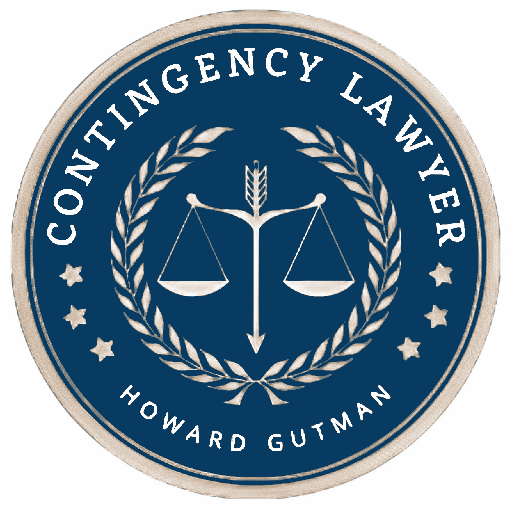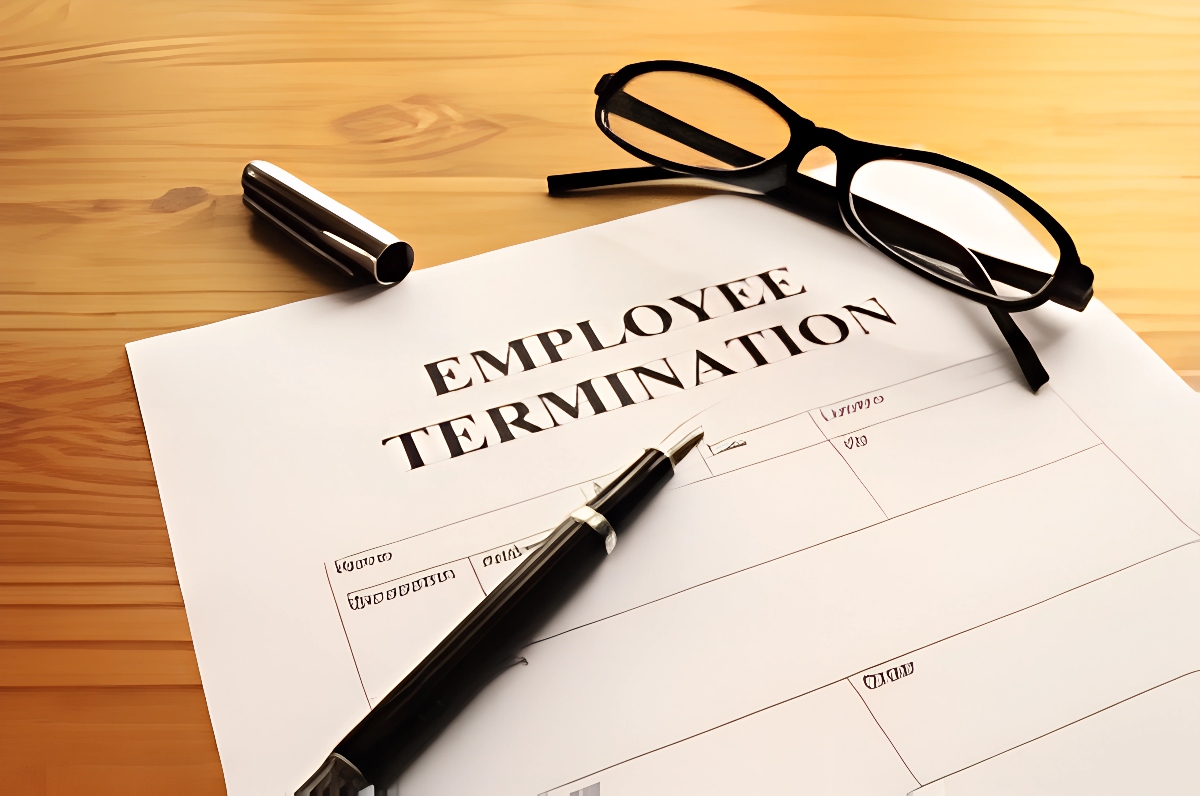In the U.S., most jobs are “at-will,” meaning an employer can fire you for almost any reason—or no reason at all. But while that may sound unfair, it’s not always illegal. An employer who lets you go to hire their nephew, for example, hasn’t necessarily broken the law. However, there are some key exceptions that may give you grounds to challenge your termination. Here’s what you should know:
1. What is a Wrongful Discharge?
In simple terms, wrongful discharge happens when an employee is fired in violation of specific laws or employment agreements. While employers generally have broad rights to terminate employment, they can’t cross certain lines. Wrongful termination might involve discrimination, breach of contract, or firing someone for refusing to break the law.
2. Union or Employment Contracts
Some employees have extra protections through a union or a personal employment contract. If you’re part of a union, your contract (called a collective bargaining agreement) might state that you can only be fired for “good cause.” In these cases, the employer may need to prove that you violated a serious rule or did something wrong before they can legally let you go.
3. Discrimination Laws
While employers can let you go for many reasons, they cannot fire you because of your race, age, gender, or other legally protected characteristics. If you believe you were fired due to discrimination, the burden of proof can vary, but it’s important to gather any documents, emails, or other evidence that support your case.
4. Whistleblower Claims and Public Policy Violations
If you were fired for refusing to do something illegal or because you reported illegal activity, this is called a whistleblower claim. Employers cannot retaliate against you for refusing to violate the law or for speaking up about illegal practices within the company.
5. How to Explain Your Claim to a Lawyer
When seeking legal counsel, it’s important to keep things simple and clear. Lawyers are more likely to take your case if you can explain it in a straightforward way. What law or public policy was violated when you were fired? Was there discrimination? Have evidence like documents or witness statements ready to back up your claim.
Evidence is Key
Remember, claims based solely on your own testimony can be tough to win. The more outside evidence you have to support your case, the stronger it will be. Things like emails, memos, or witness statements can go a long way in verifying your version of events.
Get the Help You Need
If you think you were wrongfully discharged, you don’t have to go through it alone. Whether it’s discrimination, a contract violation, or retaliation for whistleblowing, you may have a case.
FREE INITIAL CONSULTATION
We offer a free initial telephone consultation to discuss your claim. Please feel free to call or e-mail our office.







Leave a Reply
You must be logged in to post a comment.